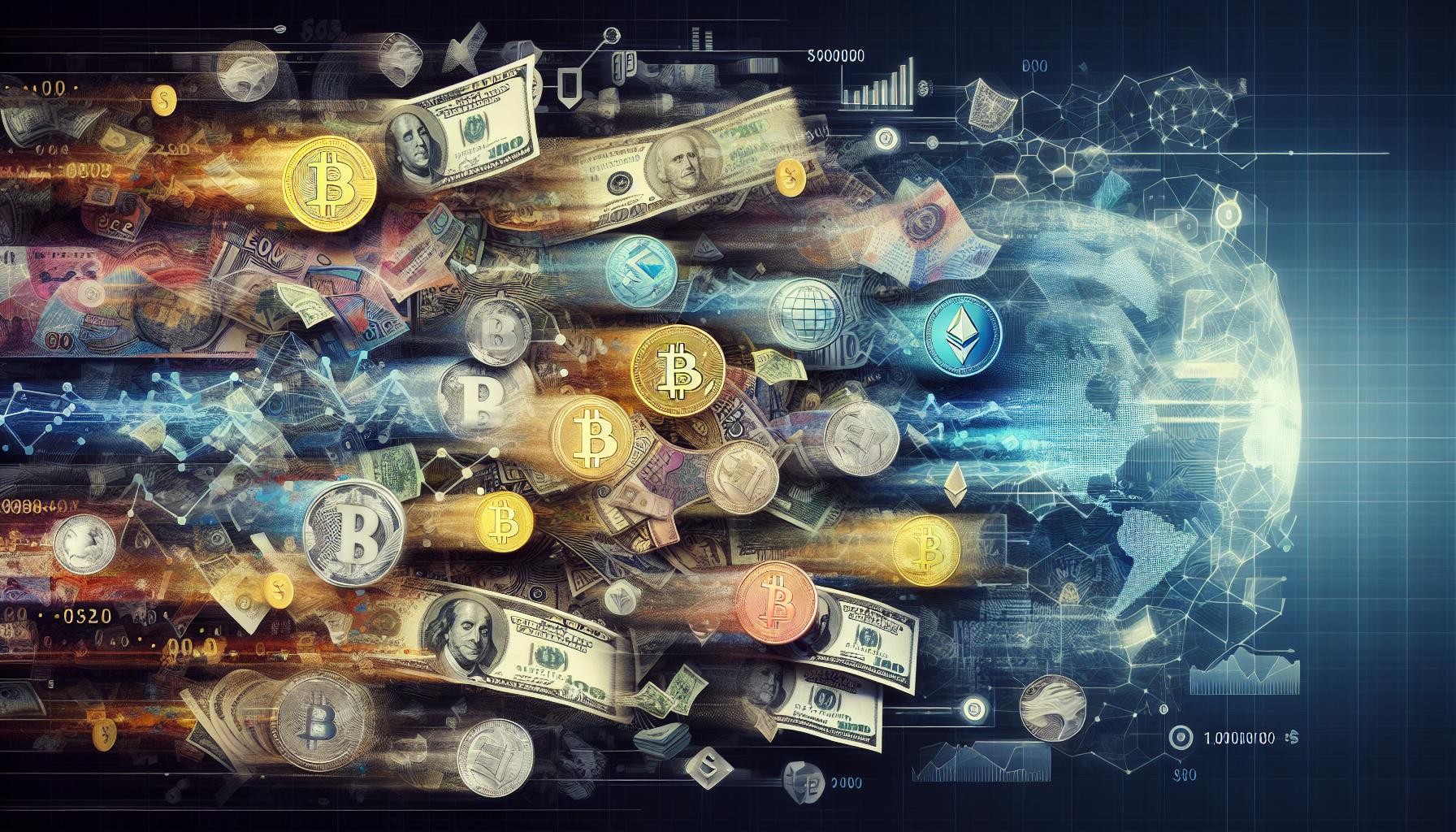Markets Are Underestimating Fed Cuts, Warns UBS
UBS analysts are ringing alarm bells, saying that markets might be misjudging how much the Federal Reserve (Fed) will cut interest rates in the future. In simpler terms, UBS believes that people are not predicting enough cuts in the interest rates.
The Federal Reserve is like the big boss of banks in the U.S. They set the interest rates, which determine how much it costs to borrow money. A cut in interest rates means it's cheaper to borrow money, which can help boost the economy.
Timing vs. Endpoint
According to UBS, while people are debating when the first cut will happen, the final destination of these cuts is actually more important. Think of it like this: If you're planning a road trip, you're more concerned about the final destination rather than just the starting point.
"Since the beginning of the year, investor expectations on Fed cuts have been a major driver of market sentiment," UBS says. In other words, what investors believe about future rate cuts is influencing the markets.
Strong Performance Despite Rate Cut Hopes
Interestingly, UBS highlights that stock markets have performed well this year, even though fewer rate cuts are expected. This strong performance points to solid economic fundamentals.
"Whether the first Fed cut happens in September or December likely won't make any material difference," UBS argues. Basically, it doesn’t matter much if the cut happens a little sooner or later.
Eye on The Neutral Policy Rate
UBS is paying close attention to what is called the market-implied neutral policy rate. This is a type of interest rate that is neither too high nor too low, keeping the economy balanced. The upcoming Jackson Hole Economic Policy Symposium is an event where important economic decisions are discussed, and UBS thinks this will be a hot topic.
Signs of a Softening Economy
Recent numbers, including consumer confidence (how people feel about the economy), job vacancies (open job positions), and inflation figures (how fast prices are rising), show that the economy might be slowing down. UBS believes this slowing will continue, making a strong case for the Fed to cut rates.
They expect more cuts than currently anticipated, pointing out that there's a gap between the Fed’s expected long-run rate of 2.75% and the market's current expectation of around 4%.
"Overall, we think markets are underestimating the likely number of Fed cuts over the cycle," UBS concludes.
In simpler terms, UBS thinks the Fed will cut rates more often than people currently expect, which could have a significant impact on investments and the overall economy.













